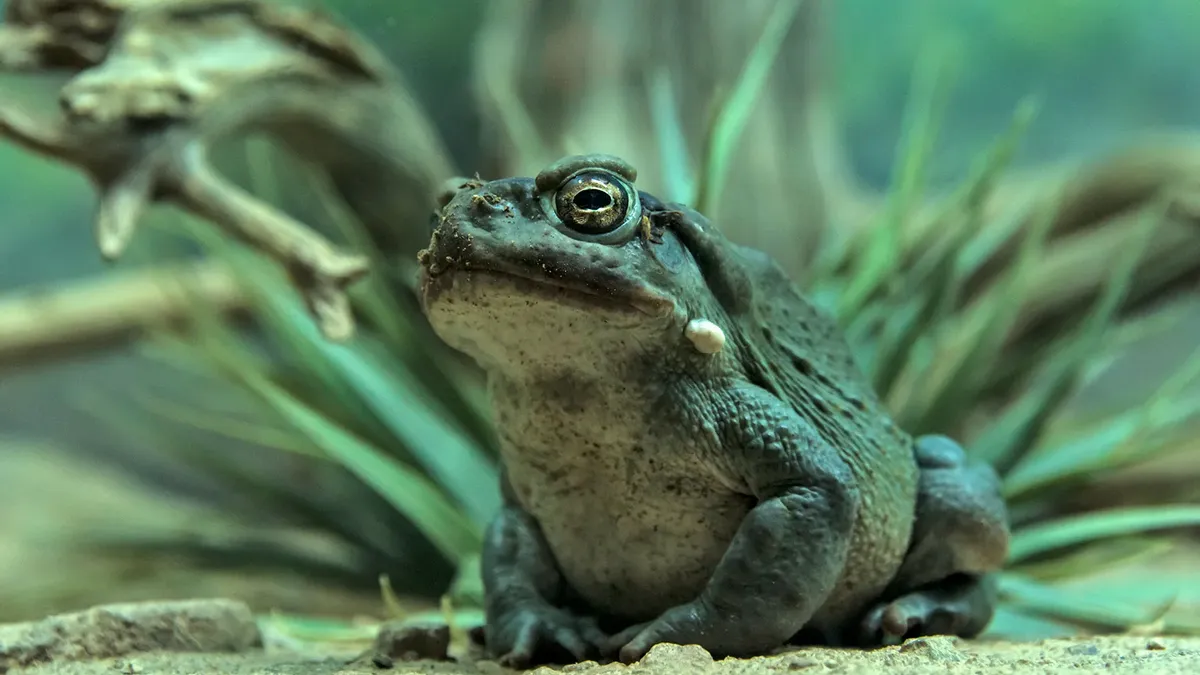Scientists have made an intriguing discovery about the Colorado River toad, also known as the Sonoran Desert toad. This toad secretes psychedelic venom when it feels threatened, which has long been known to induce intense hallucinations. However, recent research suggests that this hallucinogenic compound could hold promise as a novel antidepressant.
Traditionally, studies on psychedelics have focused on the serotonin receptor 5-HT2A, which is associated with hallucinatory experiences. Yet, Dr. Daniel Wacker and his team from the Icahn School of Medicine chose to explore the lesser-known 5-HT1A serotonin receptor.
By modifying the toad venom to specifically target the 5-HT1A receptors, researchers observed its effects on stressed and depressed mice. Remarkably, the compound exhibited antidepressant and anti-anxiety properties in the mice without inducing hallucinations.
Mice treated with the compound showed reduced signs of anxiety and depression, as indicated by their increased consumption of sugar water and social interaction. These findings offer hope for the development of novel antidepressants, although further research is necessary to determine its efficacy in humans.
While treatments derived from toad venom may be a long way off, other psychedelics like psilocybin (found in magic mushrooms) are already being explored for their potential mental health benefits. These findings underscore the growing interest in psychedelics as a potential tool for addressing anxiety and depression.















































